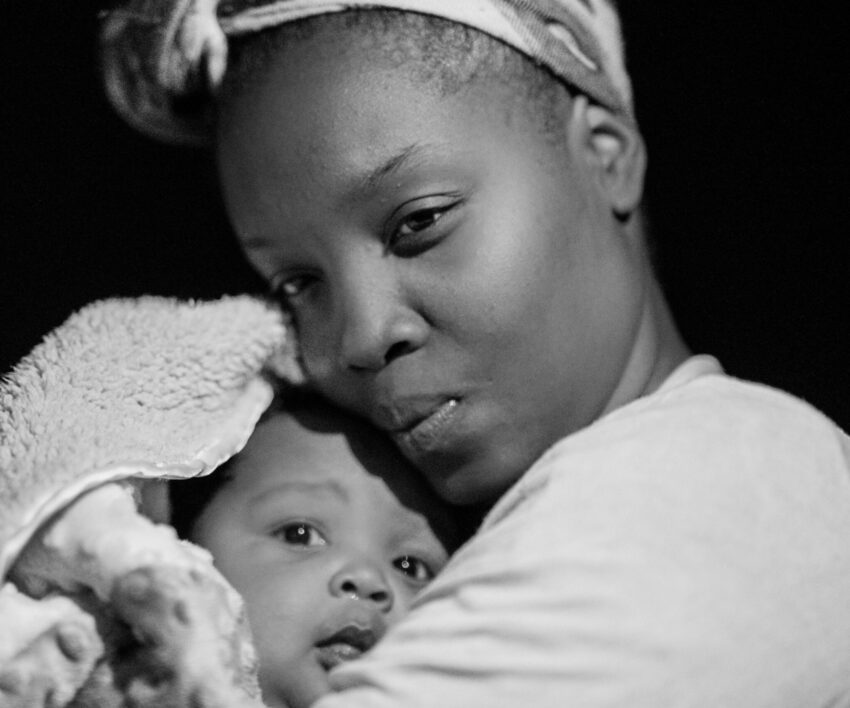
New mothers face plenty of new challenges as they begin parenting. In addition to caring for a newborn, they experience sleep deprivation, body changes and, in some cases, breast soreness from nursing. All of this can be overwhelming for new moms, whether they get support from close family and friends or not.
At times, this results in clinical depression associated with pregnancy and childbirth. Mayo Clinic explains this to be postpartum depression (PPD). As much as babies bring so much joy into the household and it is always a delight to have them, they come at a cost to the mom’s mental and physical health.
The Office on Women’s Health points out that if a mother has the following symptoms for more than two weeks, they should consider seeking professional help:
- Feeling angry or moody
- Feeling sad or hopeless
- Feeling guilty, shameful, or worthless
- Eating more or less than usual
- Sleeping more or less than usual
- Unusual crying or sadness
- Loss of interest, joy, or pleasure in the thing you used to enjoy
- Withdrawing from friends and family
- Possible thoughts of harming the baby or yourself
The Highland Springs Clinic has a recipe for how immediate family and friends of a mom going through PPD could be of assistance:
Listen to her
You can provide support by listening to her and demonstrating that you are there for her. She will feel safer and more supported if you are present for her and try to understand what she is going through without criticizing or dismissing her feelings.
Don’t compare
Do not compare your own experience to theirs. Don’t mention anything like, “When I had a baby, this is what I did,” or “If you do this, you will feel better.” Some mothers with postpartum depression already believe they are not a good mother or are inferior to other mothers. Comparing your conditions may only increase your feelings of guilt and humiliation.
Affirm her
When a woman is battling postpartum depression, it may appear that she will never feel like herself again. Remind her that this is not accurate. Tell her that the feelings she is experiencing are merely symptoms and not her. They will not endure forever, and with treatment, she can conquer this challenge. It will take time, but postpartum depression is a medical issue, so remind her of that when she is feeling down.
Make specific plans to help.
Another strategy is to identify specific things you can do for the woman and her family. It’s simple to say, “Let me know how I can help,” or such open-ended remarks, but parents suffering from postpartum depression will never speak up. Instead, provide particular ways to aid at specific moments. This could be bringing dinner over one night or watching the baby for a few hours so mom can sleep. Make specific plans and follow through.
Observe the small things
One seemingly insignificant way you can make a major difference is to point out signs that she’s recovering. Notice when she smiles, and tell her. This will show her that things are improving. These simple things may appear unimportant, yet they are of huge help.
Also see: Anele Zondo announces pregnancy




